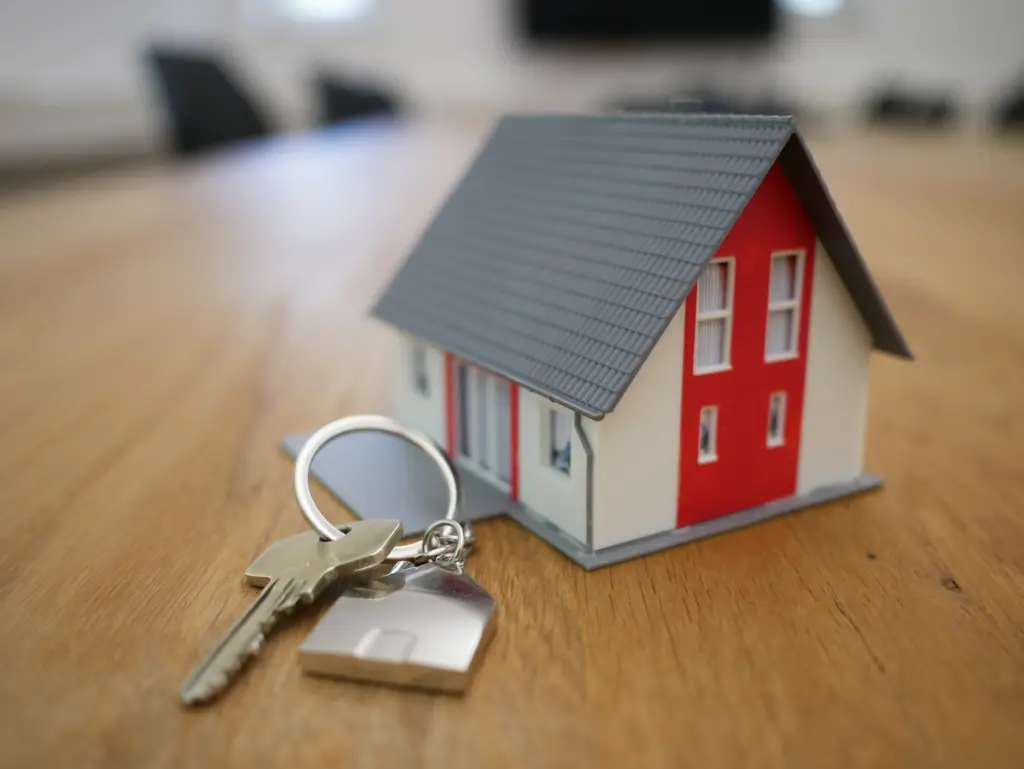Knowing the true value of your home can make a big difference—whether you’re planning to sell, remortgage, or just want a clearer picture of your financial standing. But with so many conflicting figures and online estimates floating around, it’s not always easy to know who or what to believe. This guide breaks down what an honest home valuation should look like, how to avoid common pitfalls, and where to go for reliable support.
Start with a Realistic Mindset
Many homeowners fall into the trap of overestimating their property’s worth. Sentimental value and wishful thinking can skew your expectations. The market doesn’t account for memories—it responds to supply, demand, condition, and location. An honest and realistic home valuation starts with objectivity. Comparing recent sales of similar properties in your area can help ground your expectations.
Choose the Right Type of Valuation
There are several ways to get your home valued. Online valuation tools provide a quick snapshot based on postcode and property type, but they don’t always consider unique features, recent upgrades, or local market trends. In-person valuations from experienced agents offer more accuracy, especially when tailored to your property’s condition and surroundings.
If you’re serious about selling or remortgaging, opt for a professional valuation that considers more than just square footage and postcode. Look for valuers who ask the right questions and provide detailed reasoning for their figures.
Be Wary of Overpromising Agents
Some estate agents inflate valuations to win your listing. It’s a tactic that can lead to unrealistic expectations and long delays in selling. If one valuation seems significantly higher than the others, ask for evidence. What comparable sales are they using? Are they factoring in any future developments that may (or may not) increase your property’s appeal?
A solid rule of thumb: the most accurate valuation is often the one that sits in the middle—not the highest or the lowest.
Understand What Influences Value
Several factors affect what your home is worth:
- Location: Proximity to schools, shops, public transport, and green spaces.
- Condition: Well-maintained homes generally command better prices.
- Upgrades: Recent renovations (especially kitchens and bathrooms) can boost value.
- Market Trends: Supply and demand, interest rates, and seasonal changes all matter.
Understanding these variables helps you better assess whether a valuation reflects true market potential.
Where to Get a Reliable Valuation
For those looking for dependable house valuations in UK, services like this one offer a clear, no-obligation route to finding out what your home is really worth. With local property experts and no pressure to sell, it’s a simple way to get informed without the hard sell.
Final Thought
An honest home valuation isn’t about hearing the highest number—it’s about getting a realistic view of your property’s place in the market. Whether you’re just curious or actively planning your next move, taking the time to get a well-informed, unbiased opinion can save you stress and time down the line. Aim for accuracy, not flattery, and you’ll be in a stronger position, whatever your next step.
